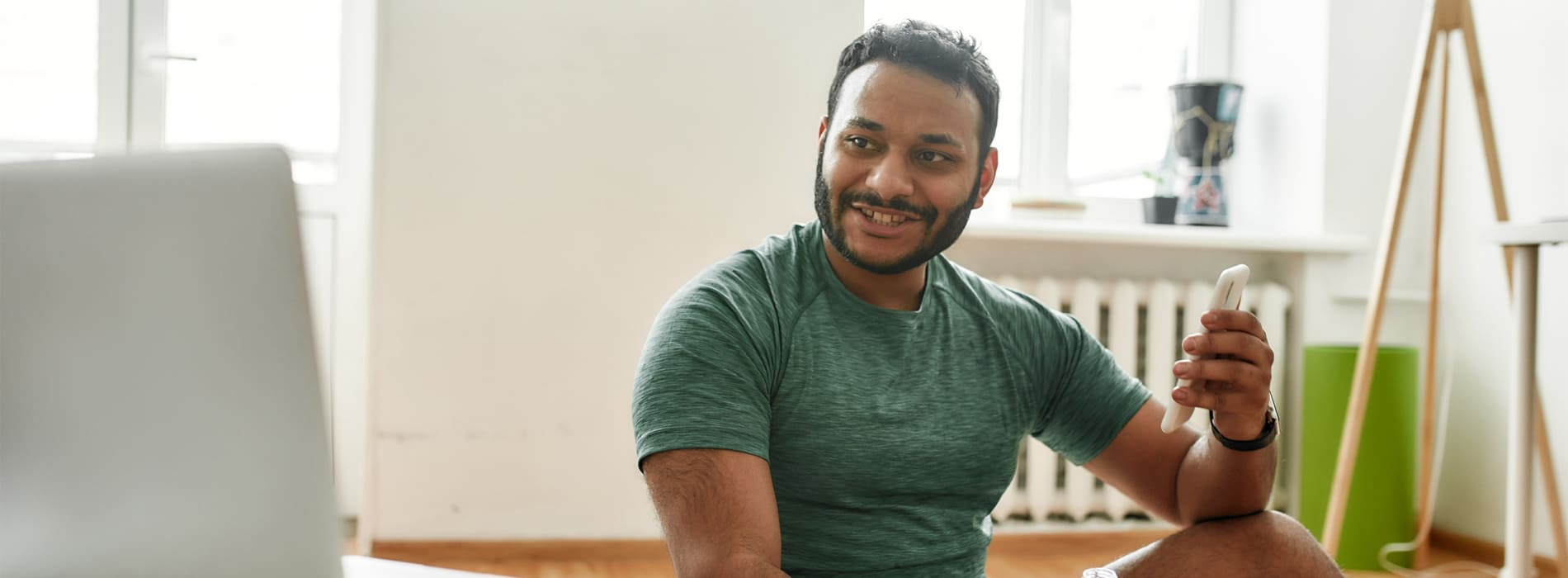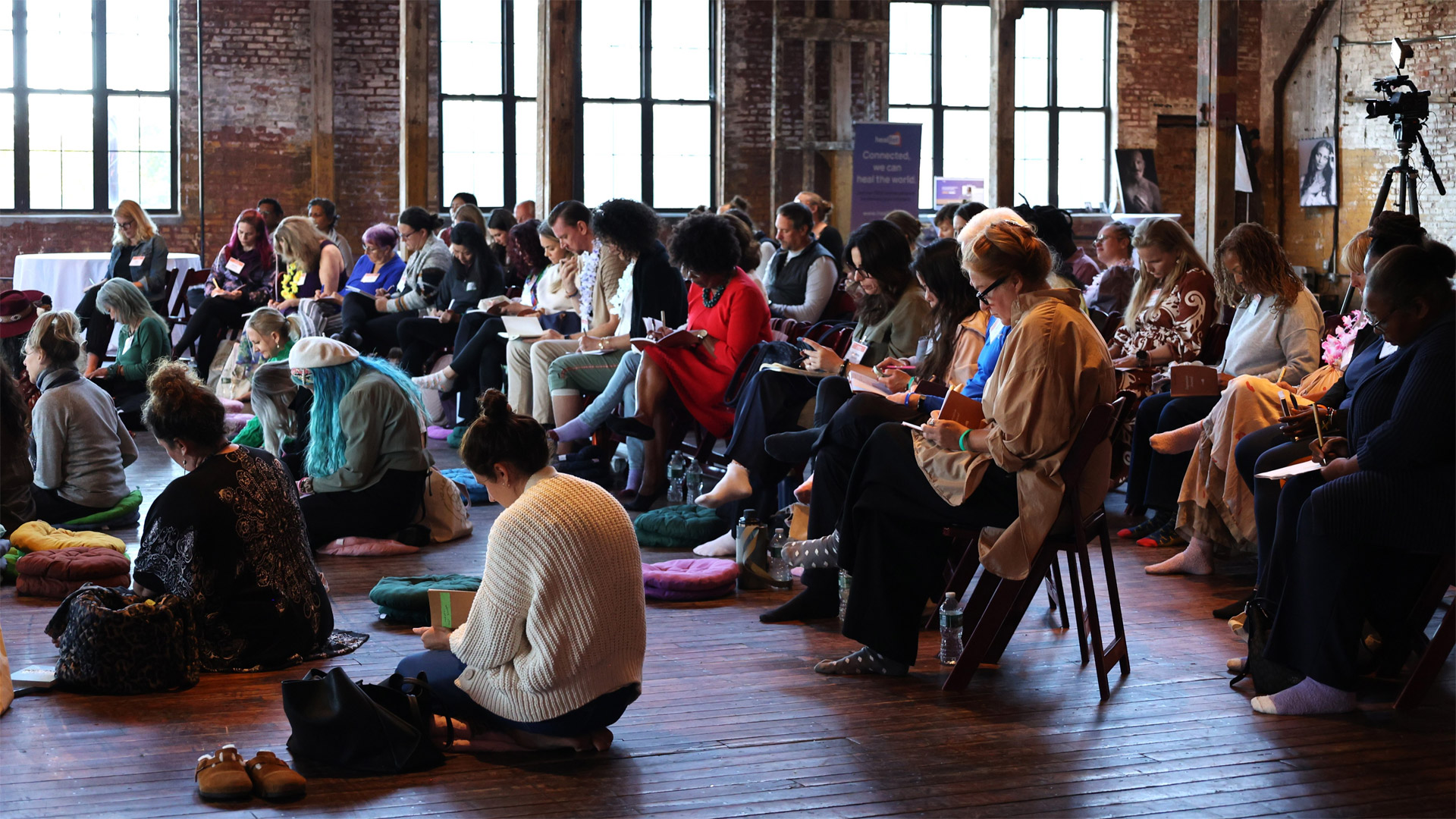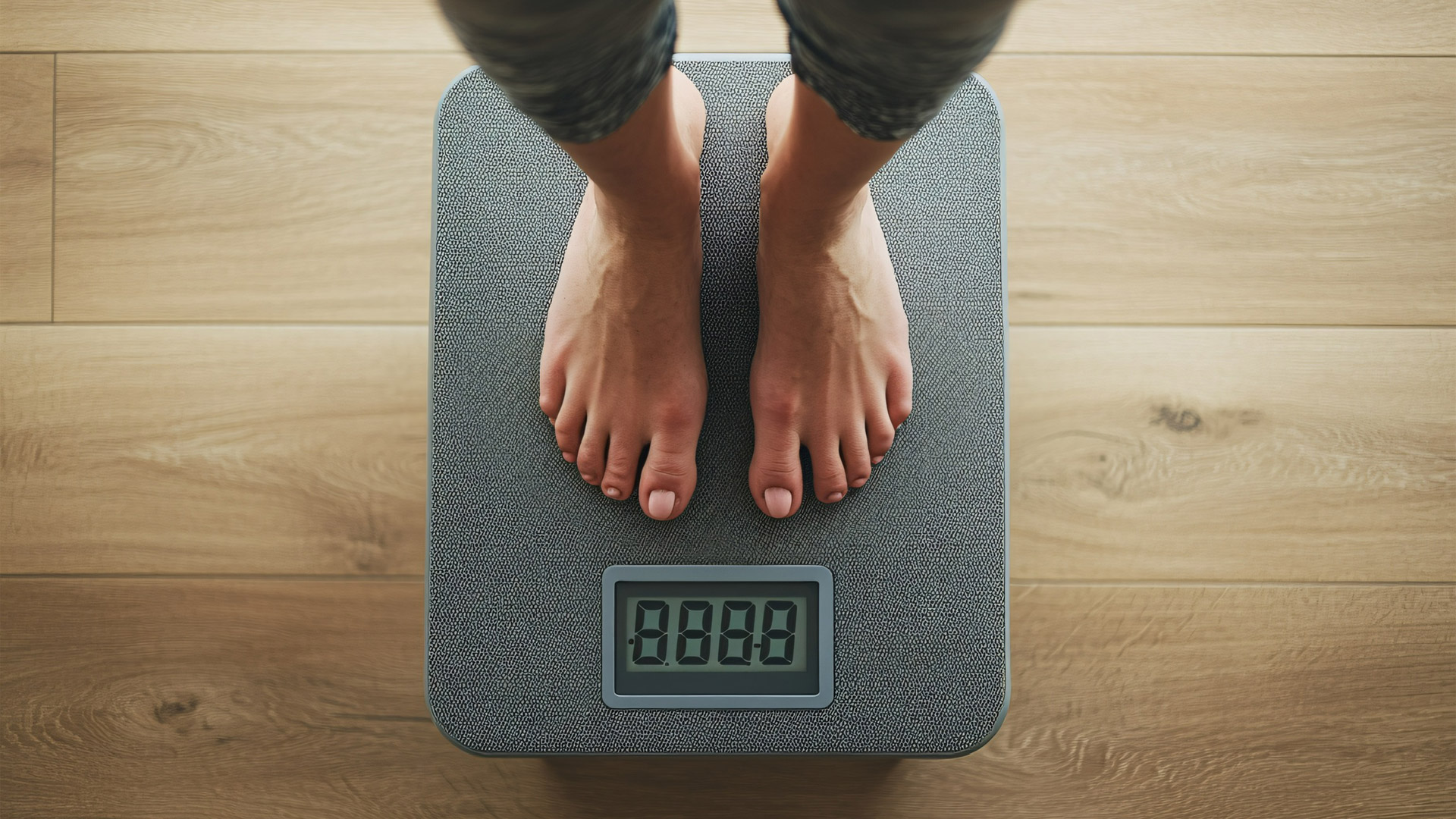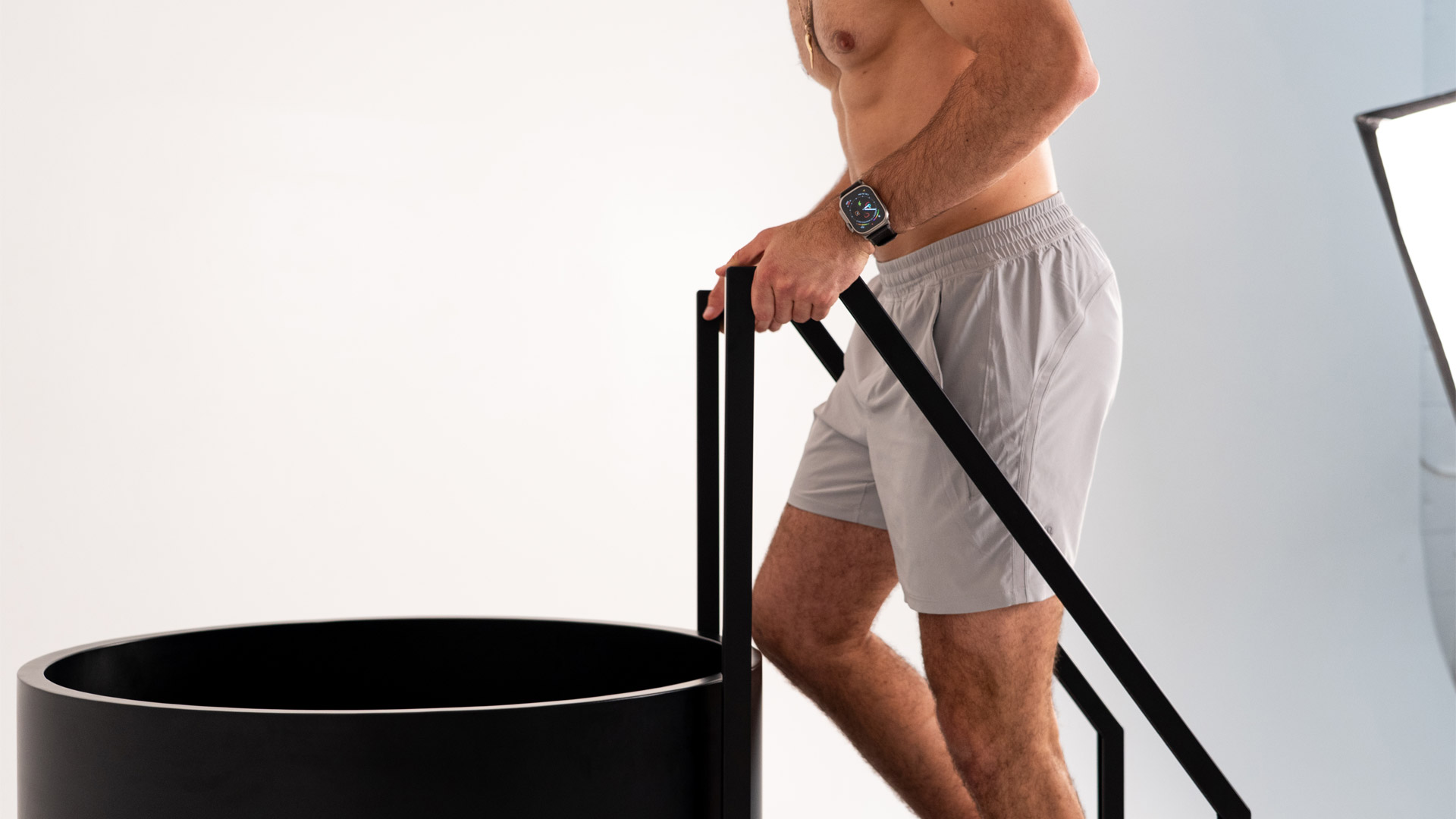All Categories

Professional athletes captivate us with their exceptional physical capabilities and unwavering mental strength. However, their journey to peak performance involves more than just physical training and practice.
A key factor in their success is the detailed routines they follow. Health coaches can use this knowledge to help their clients optimize their performance by implementing well-structured routines.
Let’s explore how health and fitness coaches can offer assistance.
According to the Collins Dictionary, “A routine is the usual series of things that you do at a particular time. A routine is also the practice of regularly doing things in a fixed order.”
Routines improve various aspects of performance, including:
By integrating routines, clients can holistically prepare for their activities, improving their overall performance.
Elite athletes use different routines to prepare for competition, training, and daily activities. Health coaches can adapt these for their clients:
Routines provide consistency, reduce anxiety, and help clients/athletes focus on controllable factors. This can be especially beneficial for clients who face stress or anxiety related to their performance.
Key areas that routines can help control include:
Nutrition: Plan meals and snacks carefully to ensure you have the right balance of nutrients and energy to support your performance.
Mental Preparation: Use visualization techniques to imagine yourself succeeding and employ positive self-talk to build confidence and focus.
Physical Warm-Up: Develop a structured warm-up routine that targets all relevant muscle groups and helps prepare your body for the activity’s demands.
Equipment Readiness: Ensure that all necessary equipment is in good condition and prepared for use to avoid disruptions during the activity.
Post-Activity Reflection: Take the time to reflect on your performance after the activity, identifying areas where you excelled and areas that could be improved to inform your future practice and preparation.
To establish an effective routine, it’s essential to follow these four key steps:
To assist their clients in establishing effective routines, health coaches can carry out the following key actions:
In-depth Assessment of Client Needs: This involves comprehensively understanding each client’s individual goals, obstacles, and preferences through extensive discussions and assessments. It may also include identifying any underlying health conditions or challenges that must be considered.
Personalization of Routines: Tailoring routines specifically to align with the client’s lifestyle, preferences, and specific needs. This may include considering their work schedule, family commitments, dietary preferences, and physical abilities.
Provision of Ongoing Guidance and Support: Offer continuous support and motivation to ensure that clients adhere to their routines and assist them in making necessary adjustments as their needs evolve over time.
Regular Progress Monitoring: Consistently checking in with clients to evaluate the effectiveness of their routines in helping them achieve their goals. This may involve tracking key metrics such as weight, fitness levels, or other relevant indicators and modifying the routines based on the findings.
By incorporating regular routines into their daily lives, clients can experience many positive outcomes.
These may include:
Furthermore, adhering to a routine can contribute to developing self-confidence, as individuals take comfort in knowing that they have adequately prepared and taken every necessary step to pursue their goals.
Routines are powerful tools for improving performance. By helping clients develop and stick to effective routines, health coaches can enhance their client’s mental and physical readiness, leading to better outcomes in their activities.
Consistency and discipline in following routines are key, and with the right support, clients can achieve remarkable improvements in their performance.
About Brenton Barker
Brenton is an Australian with 20 years of experience working with professional athletes who have won more than 15 international events combined. He holds a degree in Sports Coaching and was the former Head Coach of the Japanese Government Sports Institute. Brenton also served as the former Manager & Head Coach to Australia’s Governing Sporting Body and has been a Dunlop International Advisory Board member since 2010. Additionally, he has successfully been self-employed for 17 years and understands the challenges of building a business. Brenton’s expertise lies in goal setting, leadership, internal and external motivation, biomechanics, and program design and delivery. Brenton continues to consult with professional athletes and sporting organizations.
Powering the Business of Health, Fitness, and Wellness Coaching

By Elisa Edelstein

By Jessica Maurer

By Robert James Rivera

By Robert James Rivera

By Elisa Edelstein

By Elisa Edelstein

Powering the Business of Health, Fitness, and Wellness Coaching
